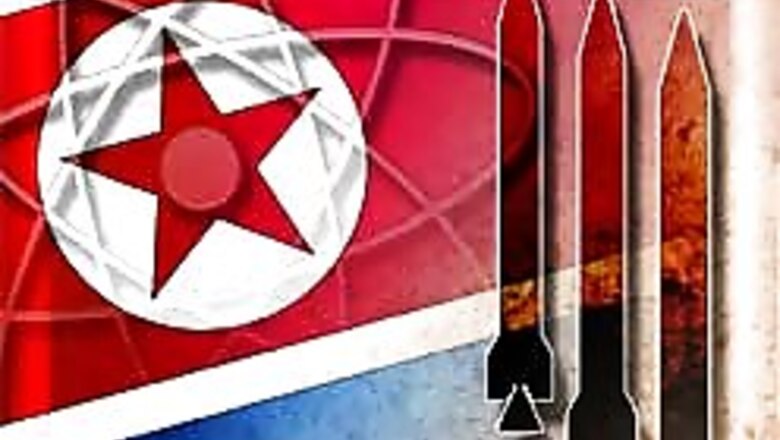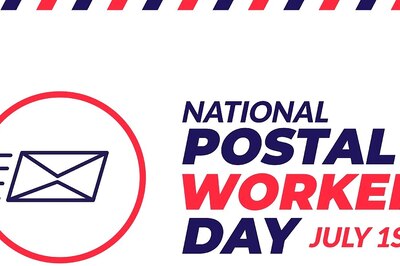
views
United Nations: The UN Security Council voted unanimously on Saturday to impose limited sanctions on North Korea for its recent missile tests, and demanded that the reclusive communist nation suspend its ballistic missile programme.
North Korea immediately rejected the resolution and vowed to launch more missiles.
US Ambassador John Bolton said North Korea set ''a world record'' for a rejection - 45 minutes - and warned that Pyongyang's failure to comply could lead to further council action. He did not say what that might be.
The resolution bans all UN member states from selling material or technology for missiles or weapons of mass destruction to North Korea, and from receiving missiles, banned weapons or technology from Pyongyang.
It condemns North Korea's multiple missile launches on July 5 and demands that North Korea ''suspend all activities related to its ballistic missile program'' and re-establish a moratorium on missile launches.
It strongly urges North Korea to return to six-party talks on its nuclear program, which have been stalled since last September.
North Korea's UN Ambassador, Pak Gil Yon, made a rare appearance in the Security Council chamber for the vote.
Speaking afterward, he accused the council of ''unjustifiable and gangster-like'' action aimed at isolating his country, known officially as the Democratic People's Republic of Korea, or DPRK.
''The delegation of the Democratic People's Republic of Korea resolutely condemns the attempt of some countries to misuse the Security Council for the despicable political aim to isolate and put pressure on the DPRK, and totally rejects the resolution,'' he said.
The Korean People's Army ''will go on with missile launch exercises as part of its efforts to bolster deterrent for self-defense in the future,'' he said.
Pak stressed that the North has a legal right to test missiles and said it would be ''foolish'' to give advance warning because the United States and the DPRK are still technically at war and the US has threatened to intercept North Korean missiles ''with the collusion of Japan.''
Pak warned that North Korea will ''take stronger physical actions of other forms should any other country take issue with the exercises and put pressure.''
He immediately left the council chamber at the end of his speech in a move considered a breach of diplomatic protocol.
The resolution culminated 10 days of difficult negotiations and came after a last-minute compromise between Japan, the US and Britain, who wanted a tough statement, and Russia and China, who favored weaker language.
The council was divided on one issue during the final negotiations: if the resolution should be adopted under Chapter 7 of the UN Charter, which allows for military force to make sure the resolution is obeyed.
China had threatened to veto any resolution that mentioned Chapter 7 and that mention was dropped in the final compromise proposed by Britain with support from France and China.




















Comments
0 comment